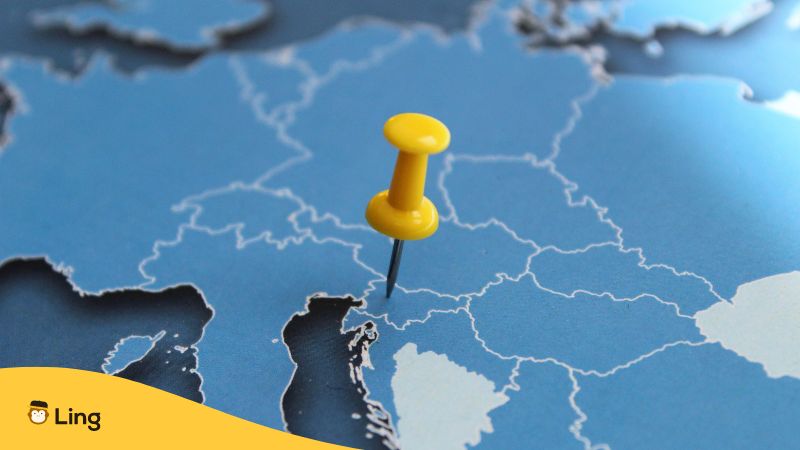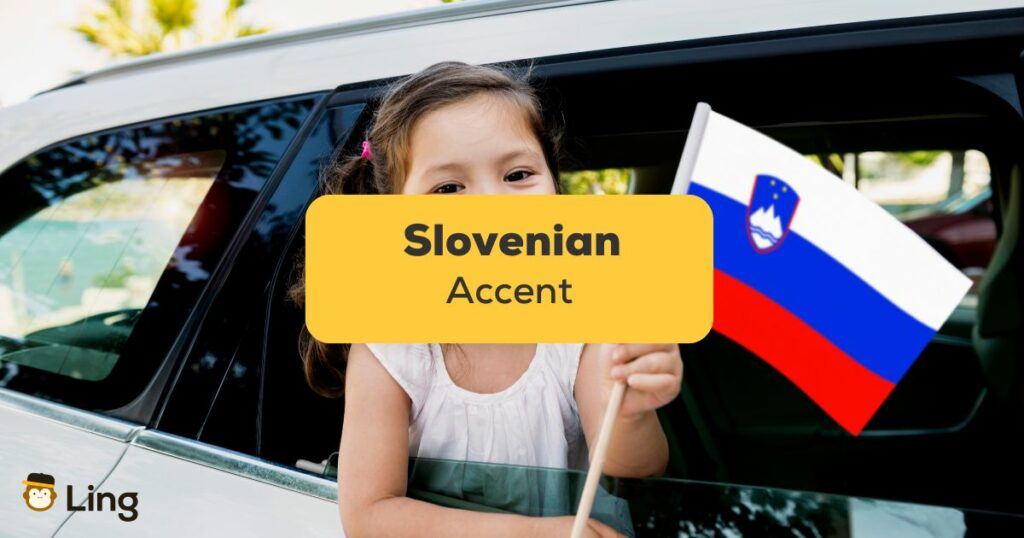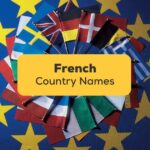Are you learning Slovenian and find yourself often stumbling over words? Don’t worry, this is normal when you’re getting used to the sound of an unknown language! With the right approach and attitude, you can overcome any pronunciation challenge and boost your confidence with the Slovenian accent.
But first, understand that nailing the accent doesn’t happen overnight. It takes time, patience, and practice. In this blog, we’ll focus on mastering the sound of the Slovenian language. Let’s go!
Getting Started With The Slovenian Accent
When people start learning Slovenian, the accent can be challenging at first, especially if they don’t speak any other Slavic language. After all, Slovenian, the northernmost South Slavic language, has linguistic similarities with neighboring languages due to historical and geographical factors. It shares some features with the foundations of Croatian, Bosnian, Serbian, and Montenegrin languages.

What Learning Strategies Can I Use To Learn The Slovenian Accent?
Try learning the Slovenian alphabet first! Slovenian uses the Latin alphabet but has its own unique version with some extra letters such as č, š, and ž. Basically, they are the ‘ch,’ ‘sh,’ and ‘zh’ sounds. Those things above them are called strešica, or little roof, by the way.
Here are some tips to help you understand the Slovenian accent:
Listen And Repeat
Start by using the simple method of listening to a Slovenian speaker and repeating exactly what they say. Pay close attention to the stress patterns and intonation. Then, try copying them! Repeat what they say, focusing on getting it right.
Master Consonant Clusters
The Slovenian accent requires practicing the pronunciation of complex consonant clusters. It’s important to clearly and carefully say each sound. Break longer words into smaller parts to make them easier to pronounce!
For example, in the word zdravnik (doctor), the zdr cluster may seem difficult, but if you break it into zd and r, it becomes simpler. Pay attention to how the vowels and consonants are pronounced differently from your native language and try to compare them.
Learn The Rolled ”R”
If you wanna be proficient in the Slovenian accent you also need to focus on getting the rolled “R” sound right, which is a key feature of the language.
There are exercises to train your tongue and mouth muscles that can help you achieve the correct pronunciation of this sound. You can find tutorials online. Slovenian language learning apps that make you repeat words said by native speakers, such as the Ling app, can also help.
Use Tongue Twisters
Tongue twisters are a fun and effective way to improve your accent and speech clarity. You’ll find Slovenian tongue twisters if you look online; challenge yourself to say them quickly and accurately!
Here are two fun ones:
| Rough English Translation | Original Tongue Twister |
|---|---|
| A plough under a bench | Plug pod klopjo |
| A pedestrian crosses the roadway | Pešec prečka cestišče |
Record Yourself
Record yourself speaking Slovenian and listen back to identify areas where you can improve. Pay attention to how you pronounce specific sounds and compare it to how native speakers say them. Keep practicing until you’re happy with your accent!

Vowel Sounds
There are five vowels in the language: a, e, i, o, u:
- The ‘a’ sound is similar to the ‘a’ in words like father or car. For instance, in Slovenian, you might find it in words such as rastlina (plant).
- The ‘i’ is the same as the ‘ee’ in “see.” In Slovenian, words like miza (table) contain this sound.
- The ‘u’ sound is the same as the ‘oo’ in “moon.” You’ll find it in the word luna (moon).
- The ‘o’ can be long or short:
- The short “o” (/ɔ/) is the same as the “o” sound in the English word “hot.” You can use it in the word roka (hand).
- The long “o” is held for a longer time than the short one. It’s similar to the “o” in “more”. An example of this sound is the word roža (flower).
- The short “o” (/ɔ/) is the same as the “o” sound in the English word “hot.” You can use it in the word roka (hand).
- The ‘e’ can also be either long or short in Slovenian:
- The short “e” (/ɛ/) is like the “e” in the English word “bet.” You can find it in words like meč (sword).
- The long “e” (/eː/) is like the “e” in “bay.” It can be heard in the word leto (year).
- The short “e” (/ɛ/) is like the “e” in the English word “bet.” You can find it in words like meč (sword).
Accent Marks
In Slovenian, you won’t see accent marks in everyday writing, like in some languages. But the accent marks can be helpful to those who look up pronunciation in dictionaries and grammar books. They are crucial if you want to say the word correctly, as they show whether the vowels are short or long, stressed or unstressed.
Slovenian speakers simply know which vowels are stressed by heart. Take the word veter (wind), for example. There is no way of knowing which “e” is stressed. However, if you look up the word in a dictionary you’ll see it’s véter, and the first “e” is stressed.

Are There Different Types Of Slovenian Accents?
Slovenian is mostly the same in each region, but how people say some words might change a little depending on which part of the country they’re from. The biggest differences are often found in Slovenian dialects spoken in rural areas. However, standard Slovene pronunciation is consistent across the country, so it’s easier for learners like you to acquire a neutral accent.
Learn The Slovenian Language With Ling
The Ling app is a top-notch language learning tool that will help you master even those hard-to-learn languages like Slovenian. With lessons in over 60 languages, it makes learning a foreign language way easier!
With a friendly interface and gamified exercises and quizzes, it’s sure to keep you engaged while you master your target language. Plus, repeating words and phrases said by native speakers will help you work on your accent and pronunciation.
So, if you’re a language enthusiast, just install the app from Google Play Store or the App Store, start your learning journey, and watch yourself make real progress in your Slovenian skills.


































































